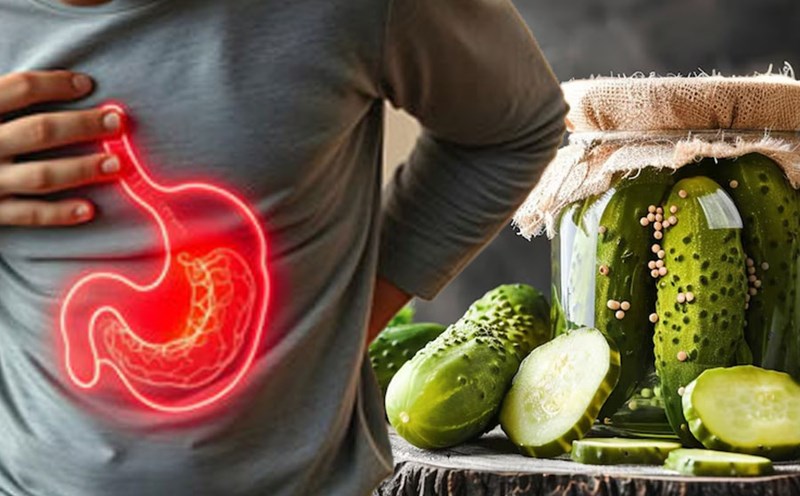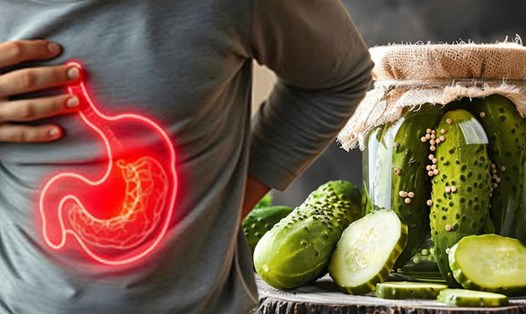“A burning sensation in the chest after a large meal, especially when lying down, is often a sign of heartburn due to acid reflux. This occurs when the lower esophageal sphincter (LES) does not close properly, allowing stomach acid to flow back up into the esophagus and cause irritation,” says Dr Harshad Joshi, Principal Consultant - Gastroenterology, Hepatology and Therapeutic Endoscopy, Nanavati Max Super Speciality Hospital, Mumbai (India).
Common causes of acid reflux
Acid reflux can be triggered by foods, drinks, and lifestyle habits, according to Dr. Harshad Joshi. Common triggers include spicy foods, acidic fruits (like citrus), tomatoes, garlic, onions, caffeine, alcohol, and fatty foods. These substances can relax the LES (the muscle that prevents stomach acid from refluxing) or increase acid production. Large meals and eating too quickly also increase stomach pressure, making acid reflux more likely.
Dinner habits are essential to controlling symptoms.
“To control acid reflux, it is important to limit certain eating habits,” says Harshad Joshi, MD. “Avoid large meals right before bed and foods that trigger reflux in the evening, such as fatty, spicy, or acidic foods.” These foods can relax the LES or increase acid production. Instead, stick to a diet rich in whole grains, vegetables, lean proteins, and non-acidic fruits, and eat several small meals throughout the day to reduce pressure on the stomach and LES.
The Best Time to Eat Dinner to Manage Acid Reflux
A common cause of heartburn and indigestion is going to bed right after eating, as the stomach doesn’t have enough time to digest the food. Dr. Joshi recommends eating dinner at least three to four hours before bed to reduce the risk of acid reflux at night.
A study published in the American Journal of Gastroenterology found that acid reflux patients who ate dinner within three hours of bedtime were seven times more likely to develop GERD (Gastroesophageal Reflux Disease) than those who waited four hours or more.
Chewing thoroughly and eating slowly also helps reduce the amount of air swallowed and aids in better digestion, Dr. Joshi adds. Additionally, eating a light dinner with easily digestible foods like lean protein and vegetables can improve acid reflux symptoms. Other measures include staying upright for at least 2-3 hours after meals, drinking water between meals rather than during meals, and chewing gum after meals to stimulate saliva production, which neutralizes stomach acid. These habits can reduce the frequency and severity of acid reflux.









